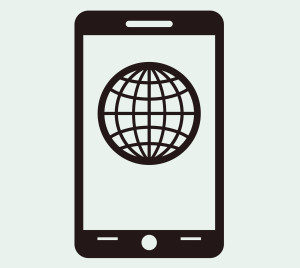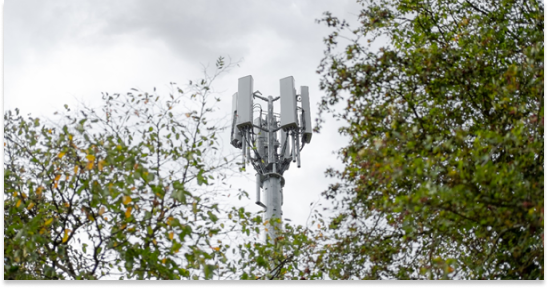Pew Study: Data Caps are Bad News for Smartphone Users
A study released 1 April by the Pew Research Center shows that data caps kicked one in three smartphone users offline in 2014. The study, conducted at the end of 2014, found that one in three users occasionally maxed out their monthly data and one in seven users frequently maxed out their monthly data [1]. These users were all left without mobile Internet access at some point in 2014.

Smartphone users today depend on their phones to perform a diverse collection of tasks, from online banking and applying for jobs to online gaming and streaming video. Despite a growing dependence on the Internet to perform everyday tasks, one in seven Americans say that, except for their smartphones, they have limited options for going online. One in ten do not have high-speed Internet access at home.
Because Americans use their smartphones to access online information about health conditions (62% of users do), their bank accounts (57%), real estate (44%), government services (40%), public transportation (25%), etc., and because the market is adapting to that use by cutting back on other avenues to information like customer support staff and library hours, data caps can bar users from accessing the information they need.
Smartphones are, typically, the least expensive device that can connect to the Internet. Unsurprisingly then, Pew found that those Americans most dependent on smartphones to access the Internet are economically and historically disadvantaged. Thirteen percent of users with an annual household income of less than $30,000.00 depend heavily on smartphones for Internet access. Fifteen percent of young adults age 18-29 (poor students or entry-level workers) are in the same situation. The race also plays a role: 13% of Latinos and Latinas and 12% of African Americans depend on smartphones for Internet access compared to 5% of white Americans.
Sadly, those most dependent on smartphones for Internet access are those most likely to get kicked off the network because they exceed data caps. Forty-three percent of users with an annual household income of less than $30,000.00 have maxed out their monthly data compared to 32% of users who make $75,000.00 or more. Half of all Latinos and Latinas have exceeded monthly data caps, as have 43% of African Americans.
The U.S. government has poured billions of dollars into expanding and improving cellular networks [2] because the social benefit of universal Internet access is huge. Mixing social benefits and business, however, can be tricky. The most recent Pew study shows that, while Internet access from smartphones grew 6% in 2014 alone, data plans stratify Internet access along economic and social lines.
Mobile providers could certainly do their part to make data plans fairer, but, as a consumer, take charge of your own data usage with these tips:
- Have your phone automatically connect to Wi-Fi, that way you don’t use data in public places with free Wi-Fi like coffee shops, libraries, and schools.
- Only download files when you are connected to Wi-Fi.
- Turn off email and app notifications, automatic app updates, and GPS when not in use.
- Exit apps when you’re done with them [3].
- A gaming trick: If you’re using EVDO or a mobile hot spot to play games on a PC, don’t purchase and download online. Instead, rent a physical copy of the game (and download it offline), then purchase the rights online. Depending on the game, this trick could save you a ton of data.
Call us to find the best internet package for your online needs 1-866-439-6630.
[1] U.S. Smartphone Use in 2015. Available at: https://www.pewinternet.org/2015/04/01/chapter-one-a-portrait-of-smartphone-ownership/
[2] National Broadband Plan. Available at: https://en.wikipedia.org/wiki/National_Broadband_Plan_%28United_States%29
[3] 5 Tips for Keeping Your Cellphone Data Usage in Check. Available at: https://www.verizonwireless.com/mobile-living/network-and-plans/keep-your-cell-phone-data-usage-in-check-infographic/


